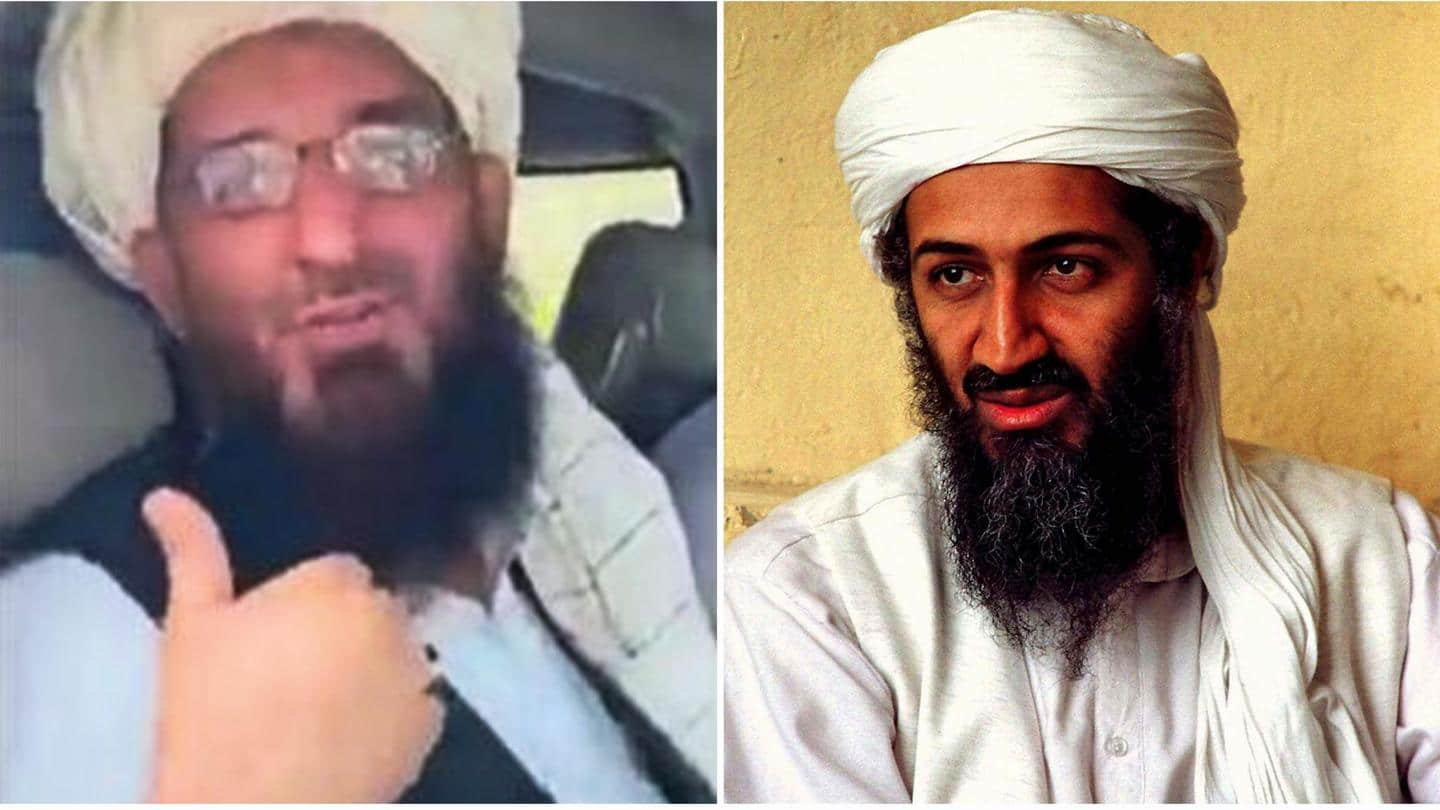
Amin al-Haq, once a top Laden aide, returns to Afghanistan
What's the story
Amin al-Haq, a top al-Qaeda member and a former aide of Osama bin Laden, is believed to have returned to his native Nangarhar province in the east of Afghanistan.
A viral video shows people gathering to greet him and take selfies with him at a checkpoint there.
The news comes a fortnight after the country fell to the Taliban.
Who is he?
Background
Al-Haq was born in 1960 in Nangarhar
Also known as Muhammad Amin and Saam Khan, al-Haq was born in 1960 in Nangarhar and is currently 61 years old, according to the information available on Interpol website.
He had fought the Soviet forces during the 1980s in Afghanistan, according to reports.
He is reportedly a trained medical practitioner, once described by the Los Angeles Times as a urologist.
Twitter Post
Here is the video of his return
Dr. Amin-ul-Haq, a major al-Qaeda player in Afghanistan, Osama Bin Laden security in charge in Tora Bora, returns to his native Nangarhar province after it fell to the Taliban. Dr. Amin became close to OBL in the 80s when he worked with Abdullah Azzam in Maktaba Akhidmat. pic.twitter.com/IXbZeJ0nZE
— BILAL SARWARY (@bsarwary) August 30, 2021
Details
He was the security coordinator of Laden's Black Guard
Al-Haq was the security coordinator of the Black Guard, an elite unit tasked with protecting Laden, one of the founders of al-Qaeda.
His assets were frozen by the US government after the 9/11 attacks in 2001.
He had also faced sanctions from the United Nations for "financing, planning, facilitating, preparing or perpetrating activities" in the support of Laden and his terror group.
Escape bid
He had once helped Laden escape US capture
Al-Haq was allegedly involved in Laden's escape of US-led Operation Anaconda in 2002.
He had reportedly helped move him out of Tora Bora in Afghanistan to Waziristan in Pakistan.
Operation Anaconda, carried out in March 2002, was aimed at eliminating or capturing al-Qaeda and Taliban forces in the Shahi-Kot Valley and Arma Mountains in Zurmat, Afghanistan.
Arrest
He was arrested in 2008, released three years later
In 2008, al-Haq was arrested in the Pakistani city of Lahore. He was imprisoned in the country's Peshawar area.
However, he was released in 2011, widely seen as a controversial move.
Pakistani officials had cited insufficient evidence behind his release. "Amin al-Haq had been arrested mistakenly, therefore, the police failed to prove any charge," a security source had earlier told The Telegraph.